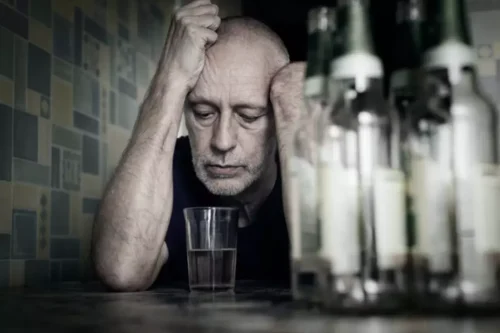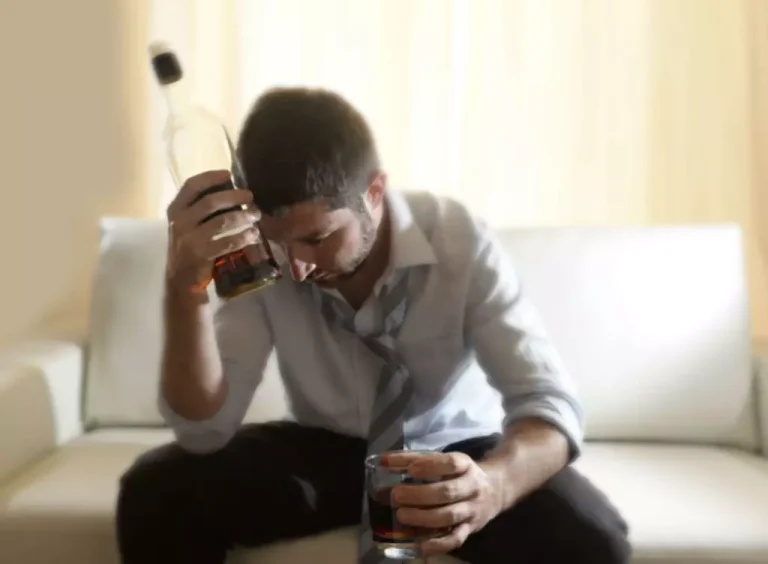
Thinking about and romanticizing past drug use, hanging out with old friends, lying, and thoughts about relapse are danger signs. Individuals may be bargaining with themselves about when to use, imagining that they can do so in a controlled way. There is an important distinction to be made between a lapse, or slipup, and a relapse. The distinction is critical to make because it influences how people handle their behavior. A relapse is a sustained return to heavy and frequent substance use that existed prior to treatment or the commitment to change.

High-Risk Situations
- It helps you break free from unhelpful thought patterns and focus on healthier alternatives for managing stress.
- When an addicted person acts on their craving, a surge of neurotransmitters causes them to feel pleasure.
- Getting out of a high-risk situation is sometimes necessary for preserving recovery.
- Recognize that cravings are inevitable and do not mean that a person is doing something wrong.
- Here are the top 10 common relapse triggers you might encounter during your recovery journey.
- During addiction recovery, you are likely to experience triggers and cravings as you navigate your sobriety journey.
Developing strategies for processing and navigating difficult emotions is vital to prevent emotional turmoil from leading to a relapse. This might include seeking professional help, such as therapy or counseling, to better understand and manage these emotions. By proactively addressing emotional turmoil, you can maintain your sobriety and continue on your recovery journey.

Get Professional Help
The longer someone neglects self-care, the more that inner tension builds to the point of discomfort and discontent. Cognitive resistance weakens and a source of escape takes on appeal. This stage is characterized by a tug of war between past habits and the desire to change.
Relapse Prevention
- Clinical experience has shown that when clients are under stress, they tend to glamorize their past use and think about it longingly.
- The practice of self-care during mind-body relaxation translates into self-care in the rest of life.
Clinical experience has shown that when clients focus too strongly on how much they used during a lapse, they do not fully appreciate the consequences of one drink. Once an individual has had one drink or one drug use, it may quickly lead to a relapse of uncontrolled using. But more importantly, it usually will lead to a mental relapse of obsessive or uncontrolled thinking about using, which eventually can lead to physical relapse. Helping clients avoid high-risk situations is an important goal of therapy.
- They must confront the damage caused by addiction to their relationships, employment, finances, and self-esteem.
- As a result, it may help to list all the people, places, and things that cause you excessive stress.
- Distraction is a time-honored way of interrupting unpleasant thoughts of any kind, and particularly valuable for derailing thoughts of using before they reach maximum intensity.
- I like to tell patients that a simple test of complete honesty is that they should feel “uncomfortably honest” when sharing within their recovery circle.
- It commonly occurs in addiction, but it can also happen in mental health conditions or chronic illnesses.
- If you find yourself stuck thinking about drugs or alcohol, it’s time to get your support system involved.
Good treatment programs recognize the relapse process and teach people workable exit strategies from such experiences. In the absence of an emergency plan for just such situations, or a new life with routines to jump into, or a strong social network to call upon, or enhanced coping skills, use looms as attractive. Alternatively, a person might encounter some life difficulties that make memories of drug use particularly alluring.
The Importance of a Relapse Prevention Plan

A person who is experiencing an emotional relapse might be in denial, grow irritable, isolate themselves and avoid friends, family and support group members. By identifying why a person used, proper safeguards can be put in types of relapse triggers place to prevent those same triggers from resulting in another relapse. The more an individual knows about their personal triggers and warning signs, the easier it will be for them and their loved ones to recognize any signs of a relapse.

Sobriety
Researchers highlighted the importance of avoiding the people, places and things that remind patients of their former lifestyle. Keep in mind that while these are popular coping mechanisms, they might not work for everyone. Take the time to figure out what works best for you as part of your personal recovery journey. If a person is in therapy during emotional relapse, the focus of therapy may pivot towards reinforcing the importance of self-care. Learning various acronyms can help a person identify when they need to improve their self-care, such as HALT (Hungry, Angry, Lonely, Tired). In fact, between 40% to 60% of people with a substance use disorder relapse at some point in their recovery journey.